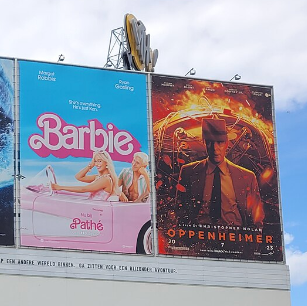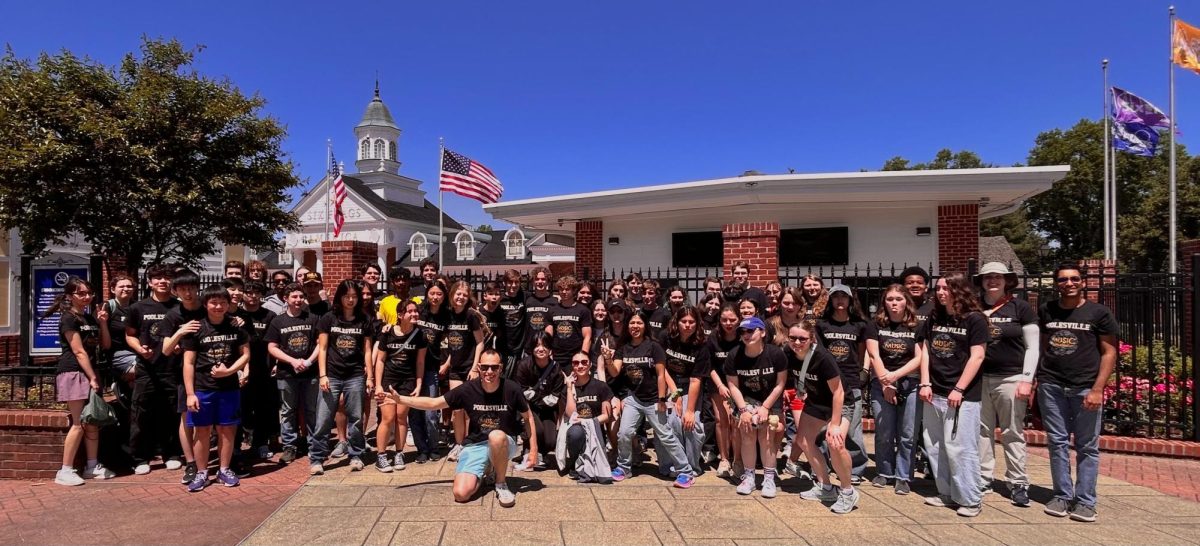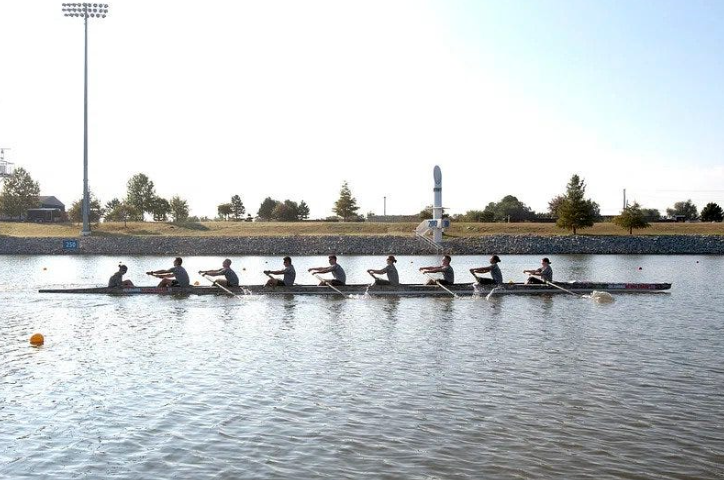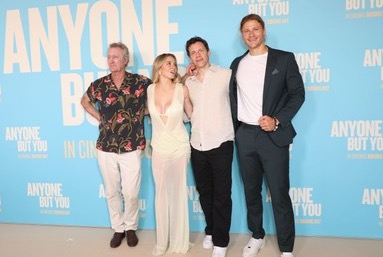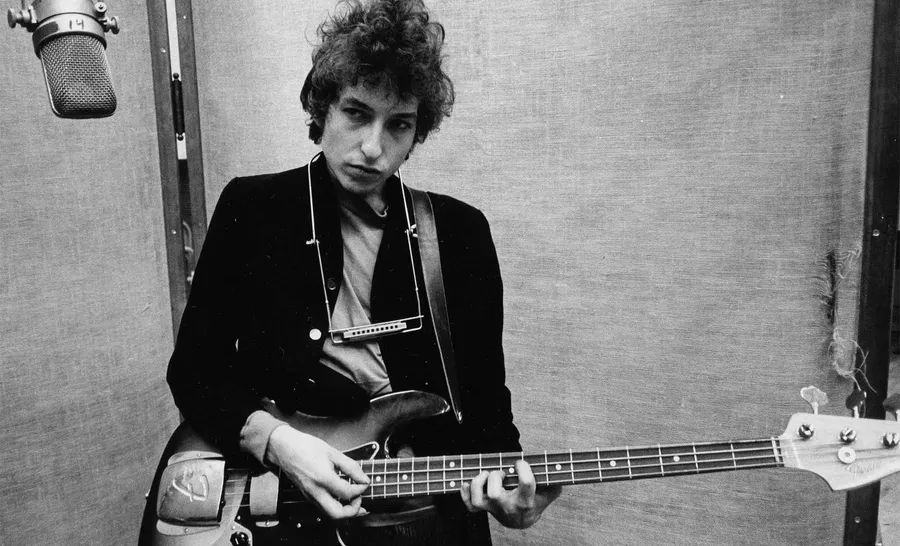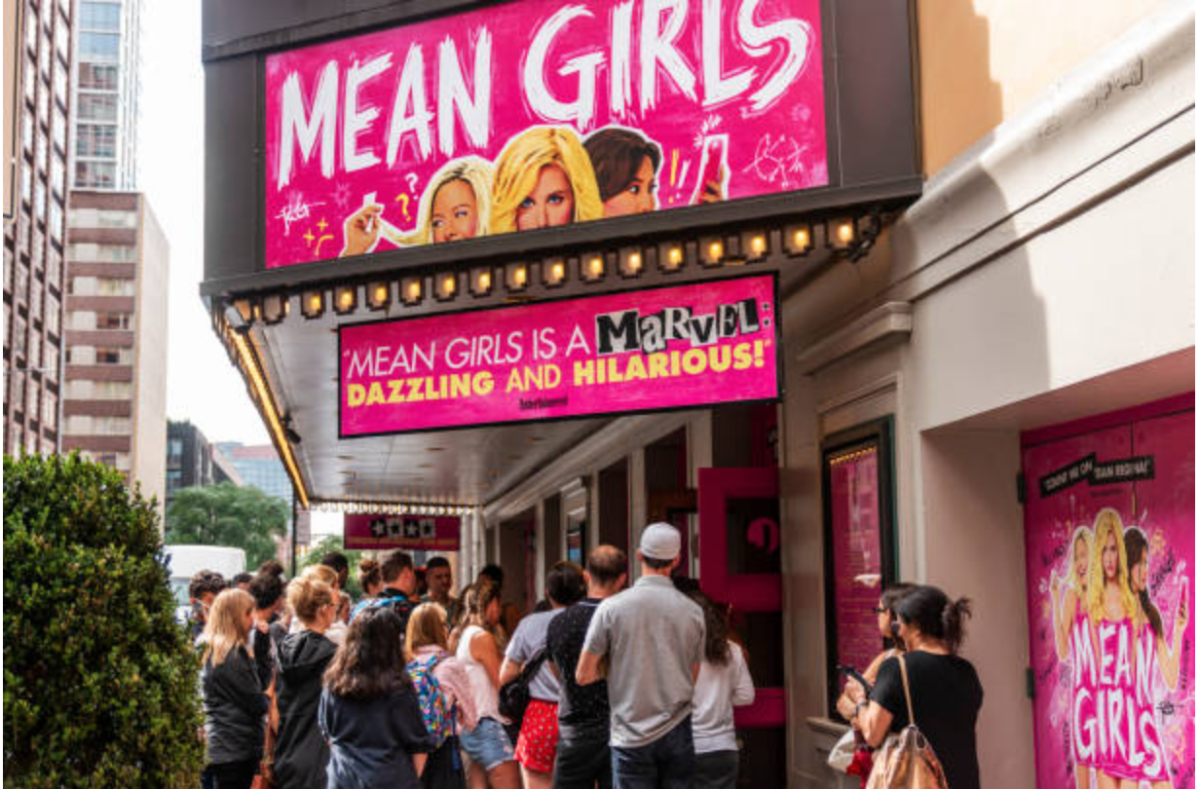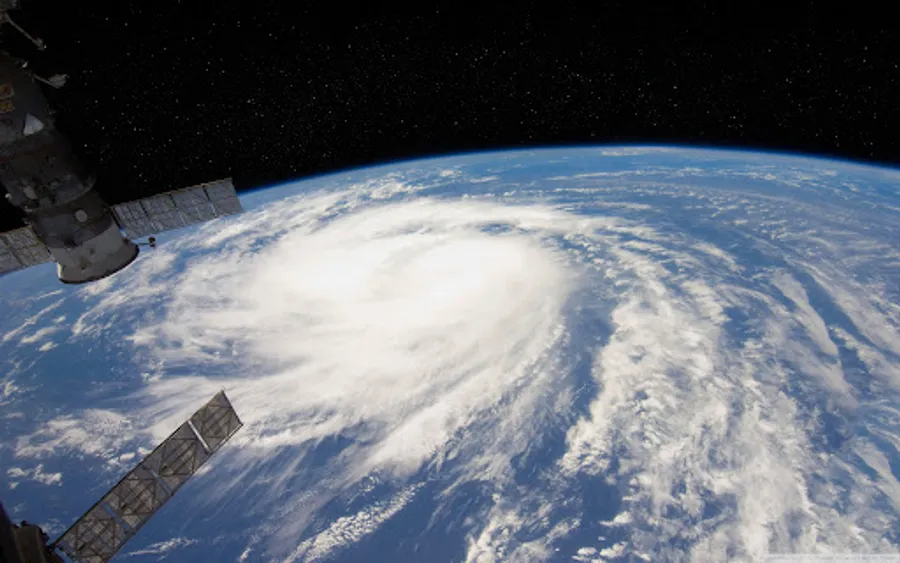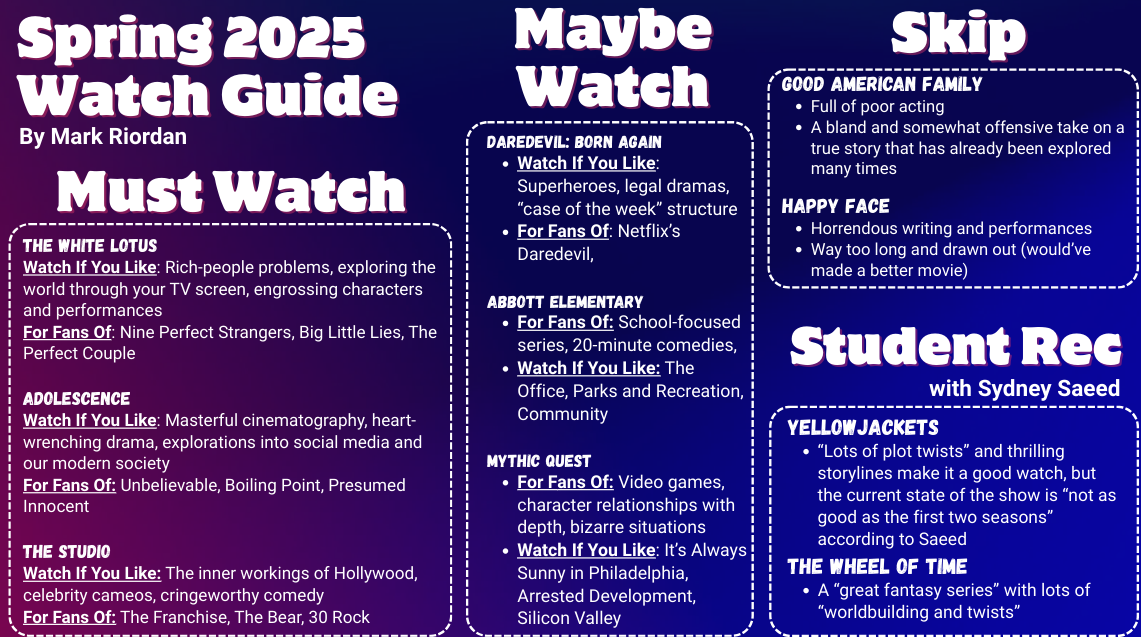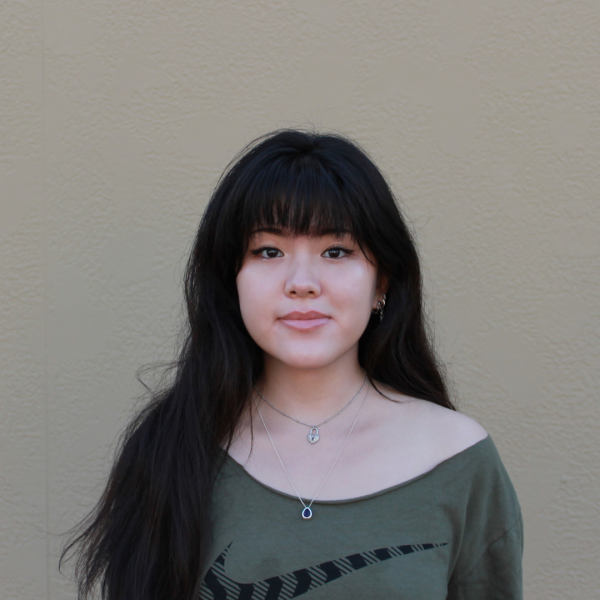In July, Barbenheimer was trending in multiple social media apps. Barbenheimer was a combination of Barbie and Oppenheimer, two movies that came out on the same day this summer. From outfit coordinations to double features to fan-made posters, it seemed as though audiences couldn’t get enough. Audiences in the Western world, that is. In Japan, Barbenheimer didn’t get such a positive response.
The portrayal of Oppenheimer and its subject matter being treated as a funny social media trend caused many controversies within the country, and #NoBarbenheimer trended on Japanese twitter, with over 100,000 Tweets circulating in the hashtag. According to The Guardian, “The film was released in most territories in July by Universal and went on to gross $950 million worldwide. But Toho-Towa, which handles most universal titles in Japan, did not go ahead with the release. … It faced fierce public backlash over what critics said was insensitivity toward the only country to have suffered atomic bombings.”
Impacts of the bombings have also been felt within local communities historically. Senior Carl Oszar, a nationally ranked History Bowl member, said that the local impacts of the Hiroshima and Nagasaki bombings ranged from, “the rooms under the current band room being classified as a fallout shelter when initially created in the 1950s,” and “an exhibit at the Air Space Museum which showcased the B-29 bomber that dropped the first bomb on Hiroshima.”
Many questioned why the movie never depicted Japanese victims of the bomb that J. Robert Oppenheimer created, but director Christopher Nolan told MSNBC that the film was “not a documentary” and was intentionally made to focus on Oppenheimer’s point of view. In fact, the script of Oppenheimer was written in first person, in Oppenheimer’s perspective. Despite this, there was a large perception gap between Western, namely American, audiences and Japanese ones, and many wondered if the country would ever get its own screening. According to The Guardian, many speculated that the movie’s big box office successes and awards-season favoritism helped push for Japan to ultimately get a screening sometime in 2024.
Social studies teacher Mr. Terry Turner, said that “Poolesville has also been the hotbed for spies from the Civil War through the Cold War,” and that “Interestingly, Japan does not teach World War 2 in its current curriculum.”
In terms of the censorship of media concerning sensitive topics, Oszar said, “I think the censorship of historically sensitive topics causes for the media to be less impactful and thus less enjoyable. There are so many different historical topics that are considered controversial and media allows for a different perspective.”


